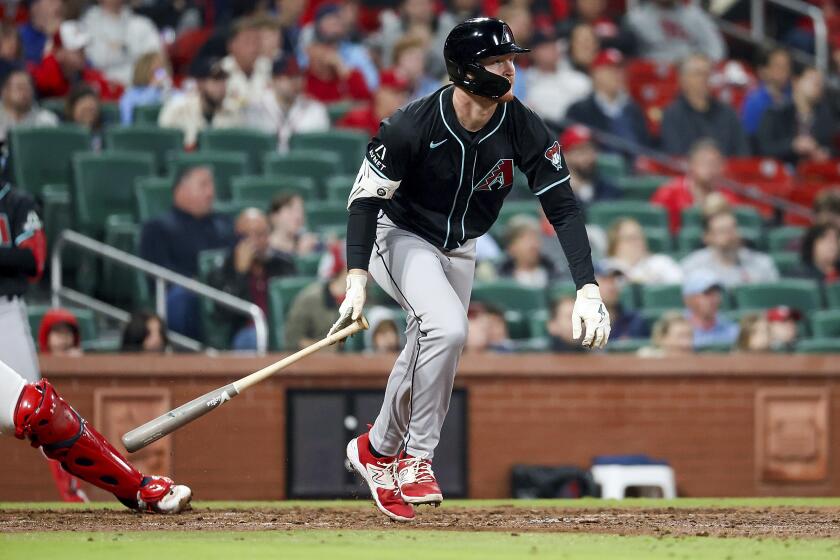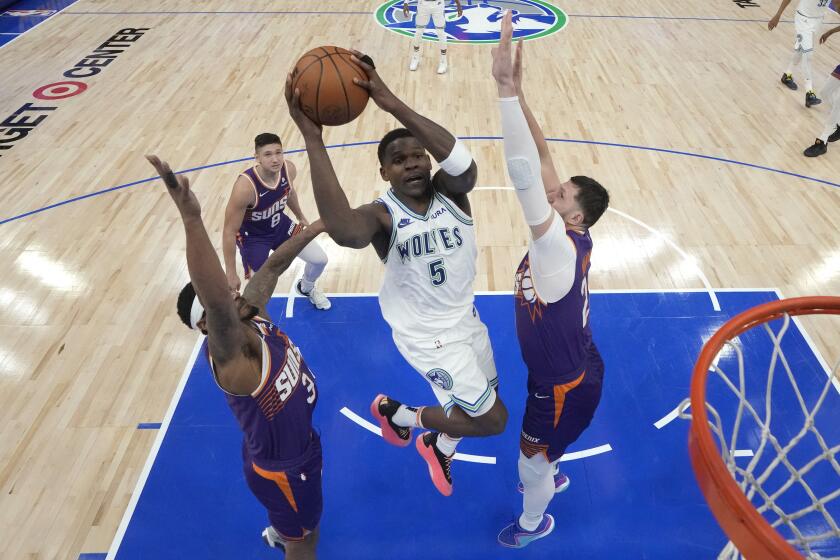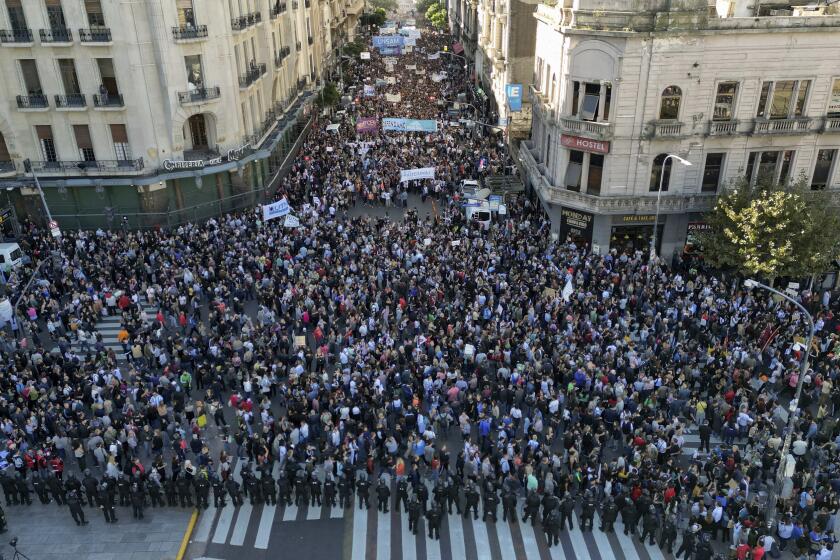Thousands of Cuban doctors stranded in Brazil with nowhere to go
Labeled “deserters” in their homeland and unable to practice medicine in Brazil, some 2,500 Cuban doctors are trying to survive after refusing to return to Cuba following the termination of the Mas Medicos (More Doctors) medical assistance program due to differences between President Jair Bolsonaro and Havana.
Last November, Bolsonaro, then president-elect of Brazil, said that the Cuban doctors of Mas Medicos were the “slaves” of a “dictatorship,” words that triggered a quick response from the Cuban government and led to the termination of the program.
This chain of events turned the lives of 8,332 professionals upside down with many of them deciding to return to the island and stay there. Others returned fearing reprisals from the government if they did not but ended up traveling back to Brazil. Finally, another portion of these doctors decided never to go back to Cuba, and those in this cohort are the so-called “deserters.”
The situation completely disrupted the life of Cuban doctor Yennier Escobar, 33, who told EFE of his experience while standing outside the Basic Health Unit “Nova Bom Sucesso” in Guarulhos, in Sao Paulo state, where he used to work but has now been replaced.
“I loved working in this place, I don’t come here much though because I have mixed feelings,” he said.
November 14 should had been one of the best days of his life because, after two years of trying, he had managed to fulfill his “dream” of bringing his family to Brazil to live, but then the doctor received a call and was told he would be fired and repatriated to Cuba due to “political conflicts.”
Last December, Escobar traveled back to his country to visit his family but then went back to Brazil, and this move enabled him to avoid being labeled a “deserter” as punishment for those who did not return and, according to which, they are now banned from traveling to the island for eight years.
“That’s the word they use - ‘deserters’ - but we’re not, we’re free Cubans,” the doctor said.
Escobar and some of his compatriots are now considered “refugees” by the Brazilian authorities, a protocol that allowed them to maintain their status as residents and offers them the opportunity to obtain a work ID - a procedure that takes time during which they are not receiving any income.
There is, however, a glimmer of hope for him and the more than 2,500 doctors expelled from the program “More Doctors” who stayed in Brazil: re-enter the program. But they must wait at the end of a long line because the procedure launched by the government to fill the posts gives Brazilian doctors priority.
Despite the fact that the initial enrollment exceeded the 8,517 vacancies, there are still some 800 free spots because some of those selected to participate renounced their status due to the fact that they would be stationed in difficult-to-access areas or ones lacking adequate resources.
In fact, the Mas Medicos program was created in 2013 by then President Dilma Rousseff (2011-2016) to guarantee care in these areas of Brazil.
Meanwhile, the Cuban doctors who stayed in Brazil are eager to fill the 800 vacancies when the selection process resumes on Feb. 18 “if they don’t delay it again,” the doctor said.
If he does not make it into the program, Escobar is willing to work at “whatever comes up, whatever is legal.” Yet, he said he still hopes that his long-term dream can come true: taking a recertification exam that would put him on the same level as Brazilian doctors, although that has not been offered since 2017.
Escobar defines himself as a “man of science and not of politics,” but believes that Bolsonaro’s statements “opened the eyes of the world” about the situation of Cuban doctors.
Under this program, Cuban doctors received just 25 percent of their salary, about $800, and the rest was retained by the Havana regime.
At the moment, Escobar does not plan on returning to his country and is asking the Brazilian government to show its “humanity.”
“I think we have been good to these people,” he said, a statement that can be confirmed by listening to some of his patients’ testimonies.
Izabel Dias holds in her arms her granddaughter, Isabelle Vitoria, who at the age of 3 struggles with a rare disease, spinal muscular atrophy type 1.
When the little girl was only 6 months old and could barely manage to move, some health professionals limited themselves to predicting her early death.
It was Escobar who, after examining her, rejected that possibility, made a preliminary diagnosis and directed the family to a specialist who now, two-and-a-half years later, continues to treat the child.
“We need a human being who doesn’t work just for money but for people,” Dias said.



